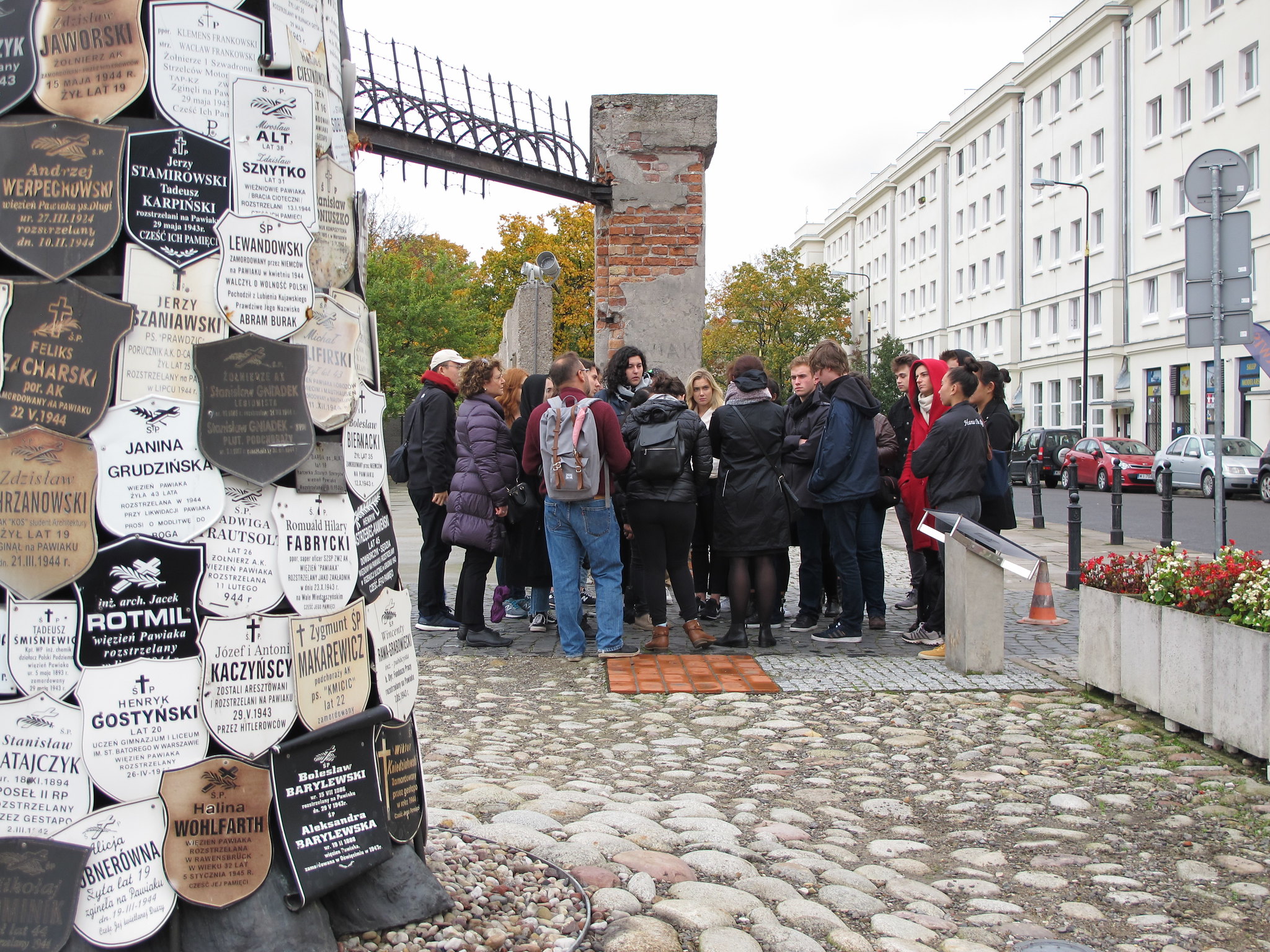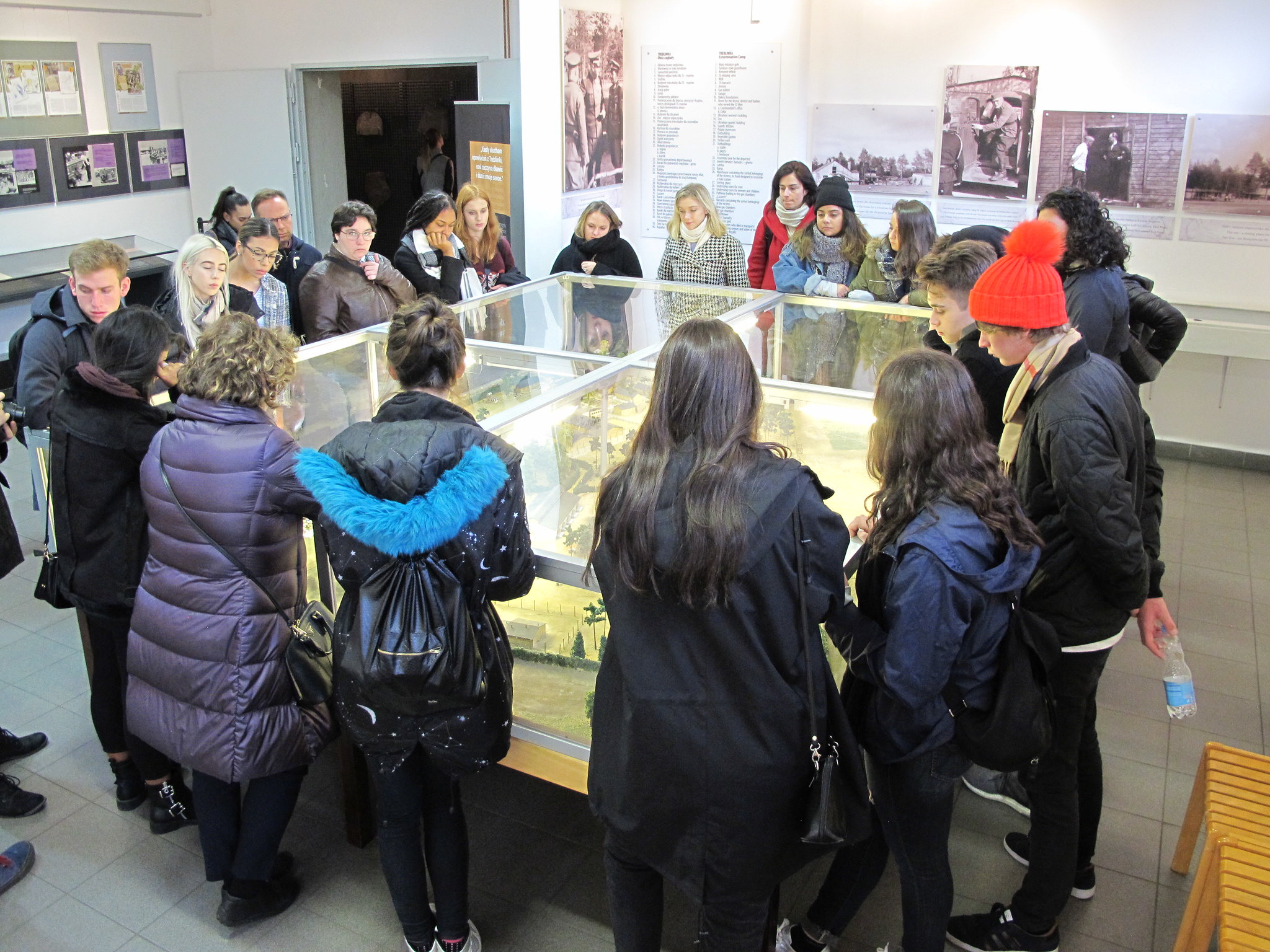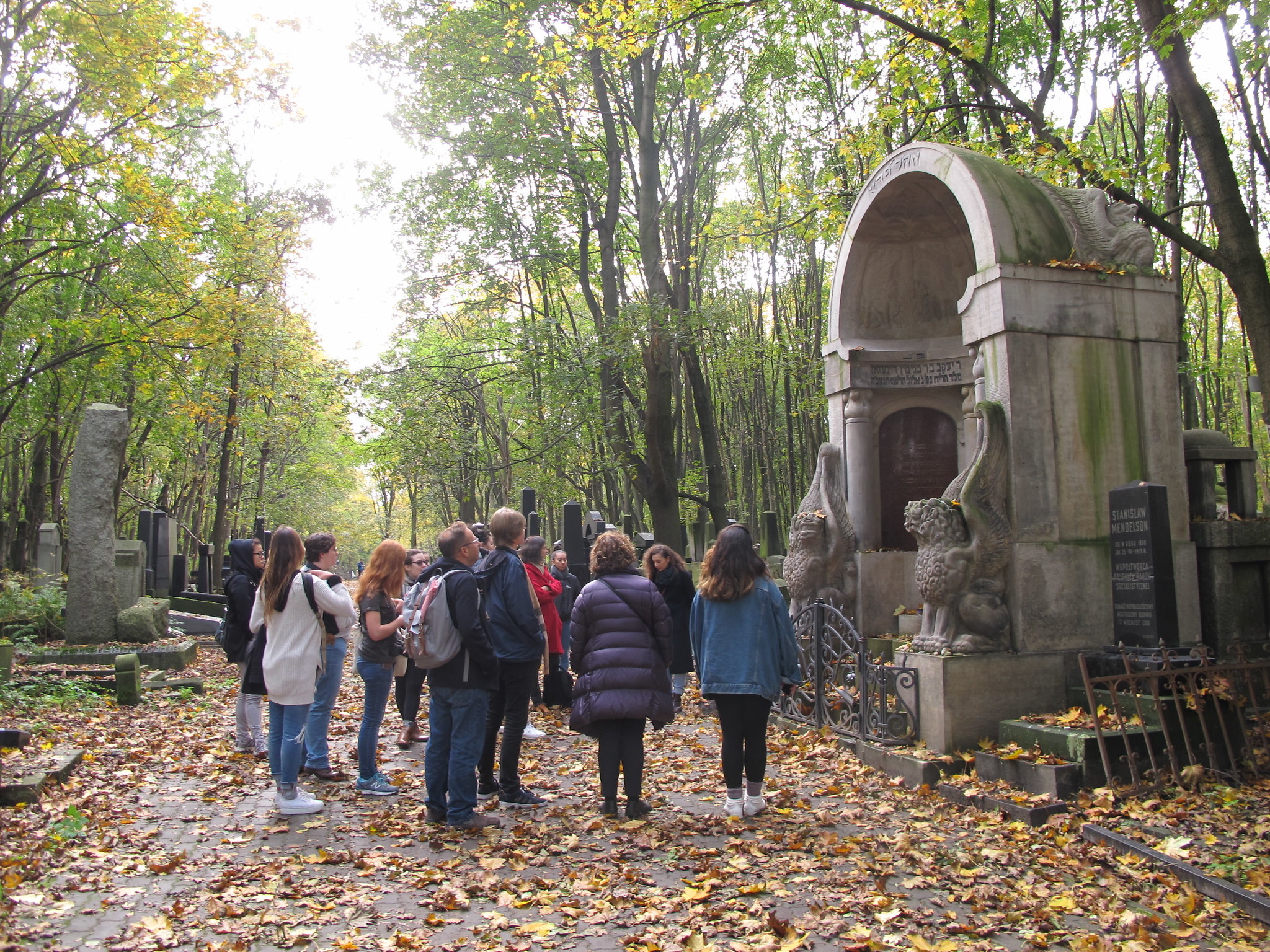- About AUP
- History of AUP
- Mission & Core Values
- Vision and Leadership
- AUP Recognition
- Alumni Success
- Campus Development
- Arts at AUP
- Policies & Guidelines
- Academics
- Undergraduate
- Graduate Programs
- MA in Diplomacy and International Law
- MA in Global Communications
- MSc in Human Rights and Data Science
- MA in International Affairs
- MA in International Affairs, Conflict Resolution, and Civil Society Development
- MSc in International Management
- MSc in Strategic Brand Management
- Find Your Thesis Advisor
- Previous Programs
- Cultural Program
- Faculty
- Summer School
- Research Centers
- The Center for Critical Democracy Studies
- Upcoming Events
- Research Projects
- Fellows’ Publications
- Publishing
- Curriculum
- Community
- Partnerships
- Visiting Scholars
- CCDS Highlights
- Atelier de Théorie Politique – Paris
- Critical Theory 101: Future Directions and New Challenges
- Martti Koskenniemi on “The Law of International Society: A Road not Taken”
- Academic Freedom Symposium
- Tocqueville Colloque 2023
- Violent Turns Conference
- Degenerations of Democracy
- DEMOS21 Inaugural Event
- What Demos for the 21st Century?
- The Paris Centennial Conference
- Justice Stephen Breyer
- Civic Jazz - The Launch of the Center
- Past Events
- FR
- The Center for Writers and Translators
- The George and Irina Schaeffer Center for the Study of Genocide, Human Rights and Conflict Prevention
- The Joy and Edward Frieman Environmental Science Center
- The Center for Media, Communication & Global Change
- The Center for Critical Democracy Studies
- Departments
- Academic Resources
- Academic Affairs
- Academic Calendar
- Academic Resource Center
- Library
- Registrar's Office
- Teaching and Learning Center
- Accessibility & Accommodation Services
- AI@AUP: A Campus-Level Initiative
- Quai D'Orsay Learning Commons
- Paris as Classroom
- ACE
- Admissions
- Student Life
- Campus
- Student Leadership & Involvement
- Paris
- Support Services
- Student Life Help Desk
- Student Accounting Services
- Student Immigration Services
- Student Grievance Procedure
- Diversity and Inclusion
- Health & Well-being
- Digital Student Handbook
- News
- Events
- AUP Giving
- Housing Offer for 2025-2026
- IT Services
- Alumni
- About AUP
- History of AUP
- Mission & Core Values
- Vision and Leadership
- AUP Recognition
- Alumni Success
- Campus Development
- Arts at AUP
- Policies & Guidelines
- Academics
- Undergraduate
- Graduate Programs
- MA in Diplomacy and International Law
- MA in Global Communications
- MSc in Human Rights and Data Science
- MA in International Affairs
- MA in International Affairs, Conflict Resolution, and Civil Society Development
- MSc in International Management
- MSc in Strategic Brand Management
- Find Your Thesis Advisor
- Previous Programs
- Cultural Program
- Faculty
- Summer School
- Research Centers
- The Center for Critical Democracy Studies
- Upcoming Events
- Research Projects
- Fellows’ Publications
- Publishing
- Curriculum
- Community
- Partnerships
- Visiting Scholars
- CCDS Highlights
- Atelier de Théorie Politique – Paris
- Critical Theory 101: Future Directions and New Challenges
- Martti Koskenniemi on “The Law of International Society: A Road not Taken”
- Academic Freedom Symposium
- Tocqueville Colloque 2023
- Violent Turns Conference
- Degenerations of Democracy
- DEMOS21 Inaugural Event
- What Demos for the 21st Century?
- The Paris Centennial Conference
- Justice Stephen Breyer
- Civic Jazz - The Launch of the Center
- Past Events
- FR
- The Center for Writers and Translators
- The George and Irina Schaeffer Center for the Study of Genocide, Human Rights and Conflict Prevention
- The Joy and Edward Frieman Environmental Science Center
- The Center for Media, Communication & Global Change
- The Center for Critical Democracy Studies
- Departments
- Academic Resources
- Academic Affairs
- Academic Calendar
- Academic Resource Center
- Library
- Registrar's Office
- Teaching and Learning Center
- Accessibility & Accommodation Services
- AI@AUP: A Campus-Level Initiative
- Quai D'Orsay Learning Commons
- Paris as Classroom
- ACE
- Admissions
- Student Life
- Campus
- Student Leadership & Involvement
- Paris
- Support Services
- Student Life Help Desk
- Student Accounting Services
- Student Immigration Services
- Student Grievance Procedure
- Diversity and Inclusion
- Health & Well-being
- Digital Student Handbook
- News
- Events
- AUP Giving
- Housing Offer for 2025-2026
- IT Services
- Alumni
Study Trip
Warsaw and Treblinka
FirstBridge Trip to Poland
Right from your first semester at AUP, you’ll have the opportunity to experience study trips to destinations across Europe as part of the FirstBridge program. FirstBridge is AUP’s dynamic, innovative learning experience through which you explore interdisciplinary issues and questions while building a solid foundation for future academic work within your major.
FirstBridge classes bring two disciplines together to explore a particular issue or theme. For example, in “Memory-Making,” you learn about perspectives in both psychology and global communications that are used to analyze the tools humans create to immortalize their lived experiences – and in particular moments of trauma. The class includes a study trip to Poland over a long weekend in October; you’ll be taken on an emotional journey into the past as you learn about the memory of the Shoah.
Prepare to be immersed in prewar and wartime Jewish life in Poland as you dedicate time to critical thinking on contemporary memorial issues in the country. You will visit different memorial sites, including the former Warsaw Ghetto, the new Polin Museum and the Treblinka death camp. The trip finishes at the city of Otwock, where you will meet with local activists of the Forum for Dialogue who will speak about their efforts to commemorate the exterminated Jewish community of their town.
You’ll study how the process of memorialization following mass atrocities creates possible sites of restorative justice and collective witnessing. The Shoah here serves as a point of reflection on how memory is materialized and put into social practice. By investigating “history tourism,” you’ll explore the meaning and lived experience offered by historical sites and museums. What effect do these representations have on our personal meaning of history? What does it mean to “bear witness” today?
The trip – described as “grounding,” “emotional” and “mind-blowing” by attending students – has a profound effect on all involved. Students’ responses are as diverse as their backgrounds, but every person comes away from their experience in Poland with a life-changing shift in perspective.
The trip is led by Professor Charles Talcott of the Department of Communication, Media and Culture and two faculty members from the George and Irina Schaeffer Center for the Study of Genocide, Human Rights and Conflict Prevention: Center Director Professor Brian Schiff and Assistant Director Constance Pâris de Bollardière. One of five research centers at AUP, the George and Irina Schaeffer Center promotes innovative research, curricula and pedagogies leading to the deeper understanding of the causes and consequences of genocide and mass violence.
Related
-
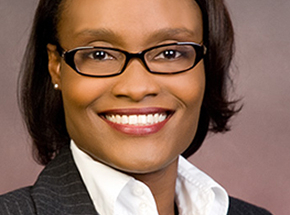
Jacqueline Routier ’94
Alumna
Read MoreJacqueline Routier ’94
Alumna
Marketing is fundamentally about understanding people.
-
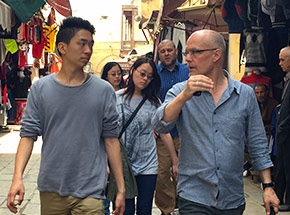
Fez, Morocco
Study Trip
Read MoreFez, Morocco
Study Trip
Students of urban form and Place Branding will discover Islamic architecture and design and how these are part of Fez public identity.
-
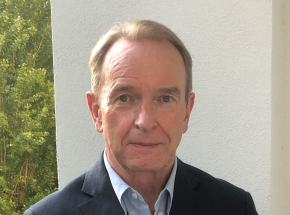
Professor Brockmeier
Faculty
Read MoreProfessor Brockmeier
Faculty
Professor Jens Brockmeier’s research is concerned with the cultural fabric of mind and language.

